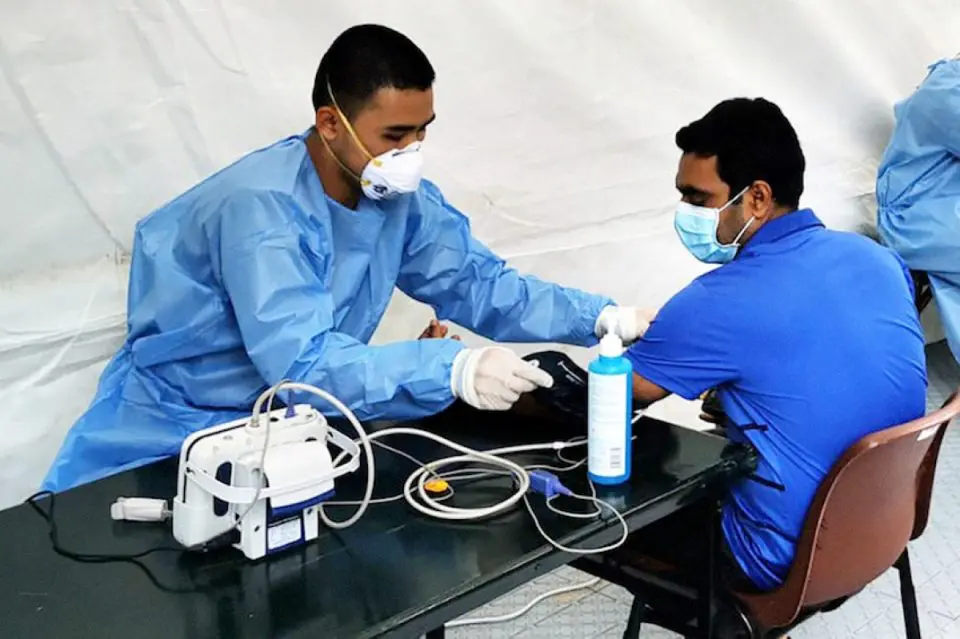SINGAPORE, April 28 — Singapore is building up its capacity to conduct tests for Covid-19 and is able to do more than 8,000 tests per day now from an average 2,900 tests per day in early April.
According to its Health Ministry (MOH), Singapore has tested about 2,100 per 100,000 persons as compared to the US of 1,600 per 100,000 and the UK, 1,000 per 100,000.
“The higher intensity of testing allows us to pick up far more cases than many other countries,” the ministry said in a statement yesterday.
“We have taken steps to continue building up our testing capacity over the coming weeks and months. Even as we do so, we will continue to prioritise our existing testing capacity based on public health considerations,” it said.
As at noon yesterday, Singapore confirmed 799 new cases of Covid-19 infections, with a “vast majority” of the cases attributed to foreign workers residing in dormitories.
As for migrant workers, the ministry said it has been testing close to 3,000 dorm residents every day and would continue to do more tests.
It noted that many of these workers were tested even though they showed no symptoms while in most countries, those asymptomatic not tested.
To date, the MOH said more than 21,000 migrant workers living in dormitories have been tested.
From Sunday’s tally of 13,624, Singapore classified 11,419 as dorm residents or about 3.5 per cent from the total of about 323,000 foreign workers staying in dormitories.
“This means that we have tested about one in 15 workers in dormitories (or 6,500 per 100,000), far higher than the testing rates seen in countries like South Korea (one in 90, or 1,100 per 100,000).
“This aggressive testing regime enables us to determine the extent of infection in the dormitories,” it said.
The ministry noted that one urgent priority is to test migrant workers who have moved out of the dormitories but were continuing to work in essential services.
“This is to reduce the risk of transmission in workplaces and to the wider community,” it said.
About 10,000 foreign workers in essential services have been pulled out of dormitories and moved into alternative living areas, such as military camps, floating hotels and vacant Housing Board blocks.
As more testing capacity is brought on-stream, MOH said it would gradually expand testing to a wider pool of workers in order to ensure the continuity of critical functions and services.
“This is important, as it will also enable us to progressively resume economic activities beyond the circuit breaker period,” MOH added.
— Bernama





